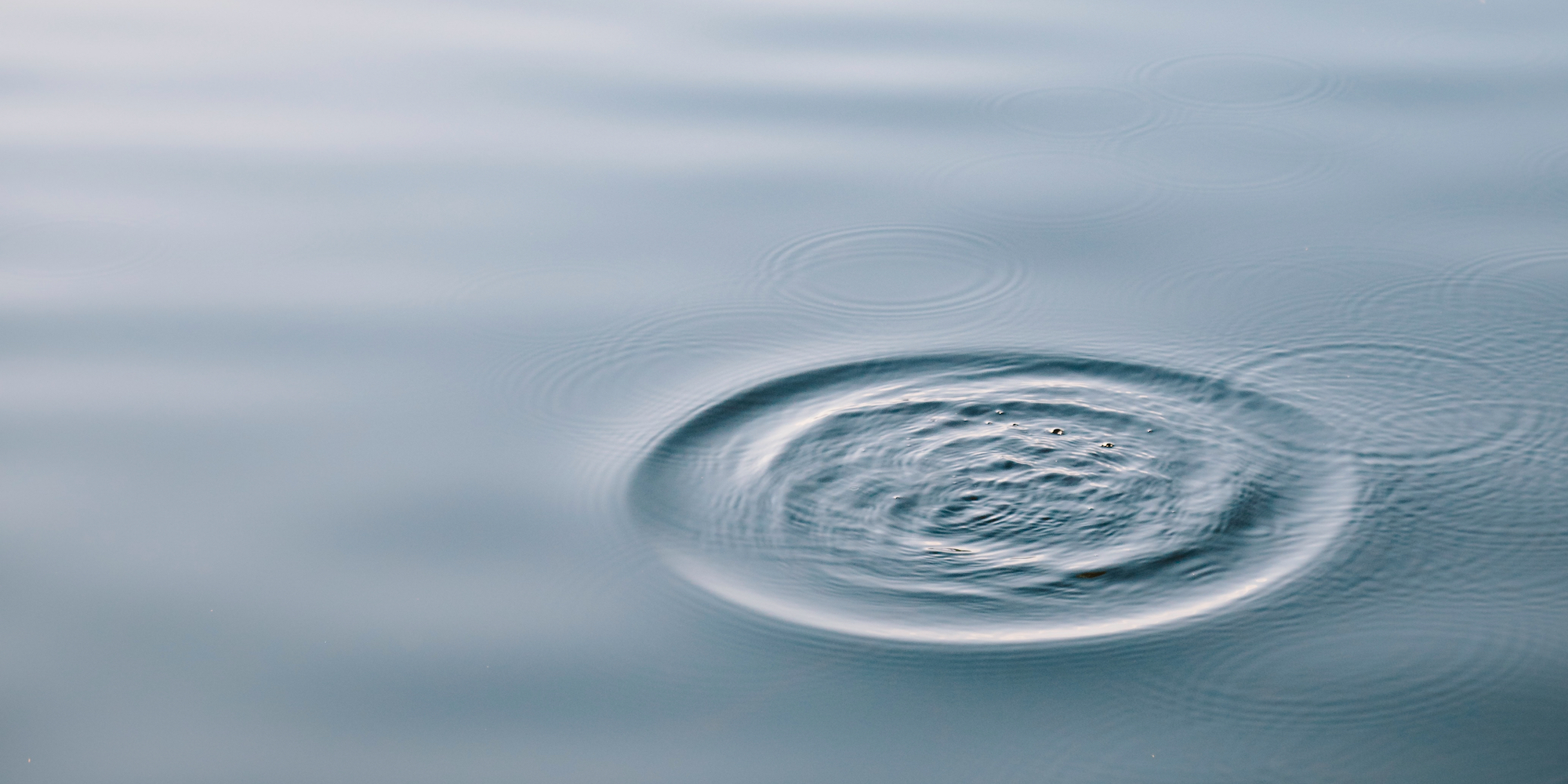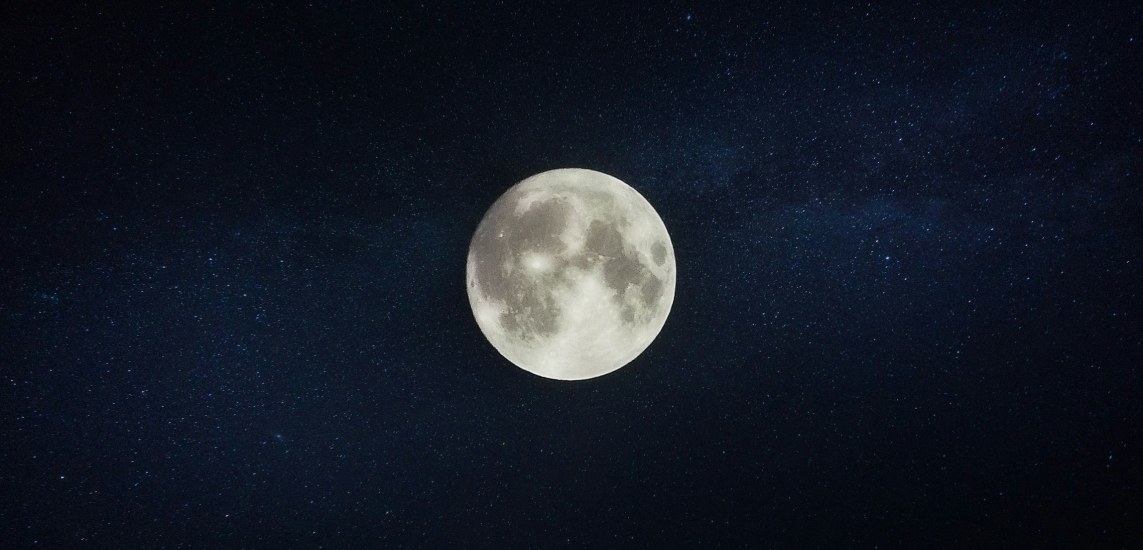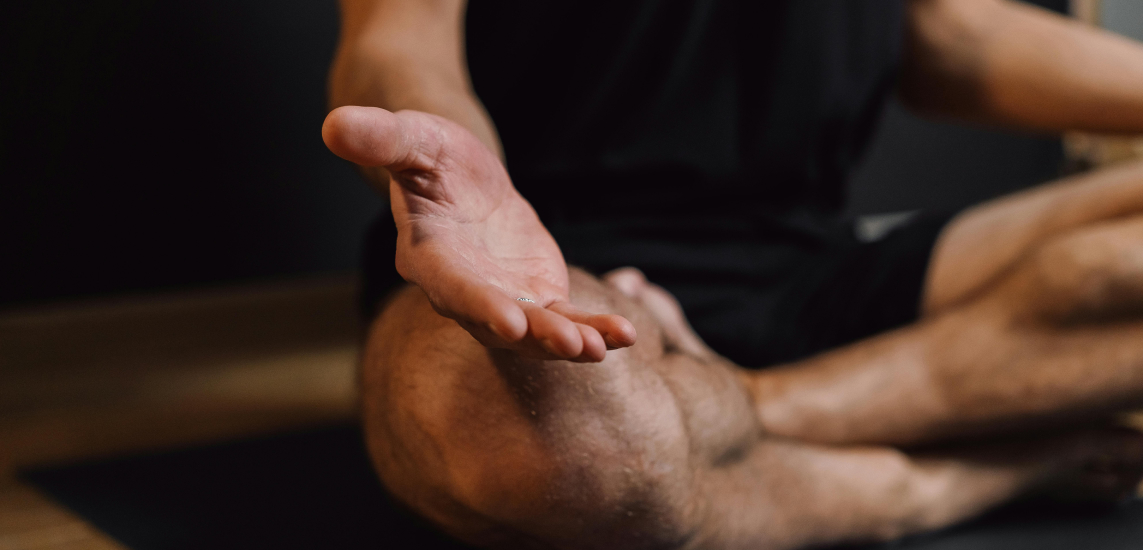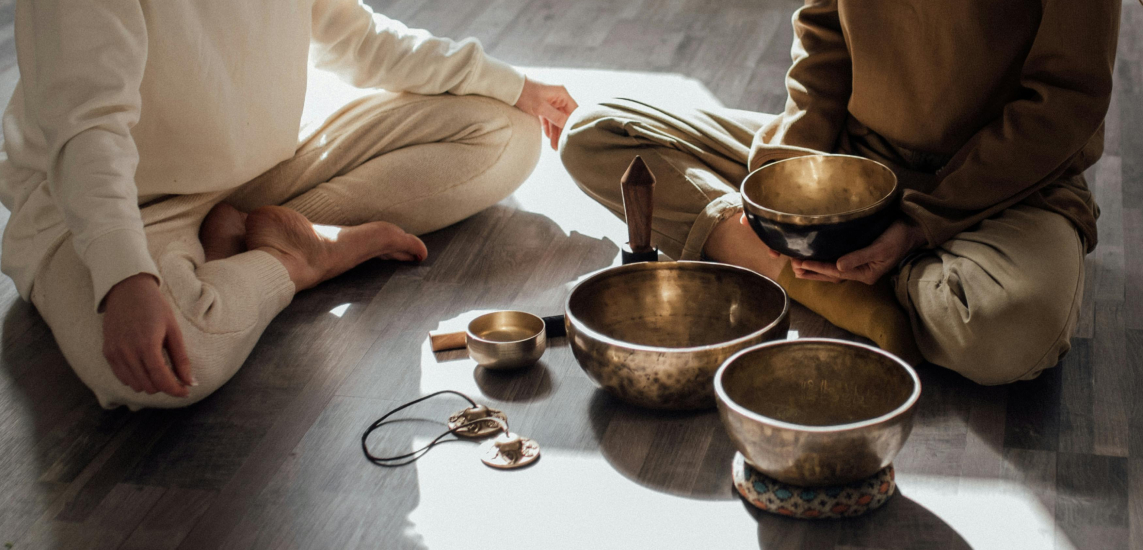In the heart of Traditional Chinese Medicine (TCM), the water element is a cornerstone, shaping our health, emotions, and spiritual well-being. This ancient wisdom, deeply rooted in the five elements of nature, offers a unique perspective on balance and harmony within the human body and the world around us. The water element, in particular, holds a special place in TCM, symbolizing flexibility, adaptability, and the inherent potential for healing and growth.
Whether you’re just beginning to explore the principles of TCM or seeking to deepen your connection with the natural world, understanding the water element can be a transformative step in your wellness journey. Let’s dive into the serene and nourishing waters of TCM, exploring how the water element influences our lives and how we can harness its power for better health and inner peace.
Key takeaways
- The water element is a foundational aspect of TCM, symbolizing adaptability, renewal, and deep wisdom.
- Embracing the water element’s qualities play an important role in enhancing physical health, emotional resilience, and spiritual growth.
- Incorporating water element principles into daily life and seasonal practices promotes harmony and well-being.
- Understanding the water element’s influence on personality and behavior can deepen self-awareness and interpersonal relationships.
Explore the serene teachings of the water element with Buddhism meditations on Insight Timer, enriching your journey towards holistic health and inner peace.

The essence of water in Chinese medicine
In Traditional Chinese Medicine (TCM), the water element symbolizes adaptability, depth, and renewal. It is the most yin element of five-element theory of TCM. It’s crucial for balance and wellness, affecting our health, emotions, and spiritual growth. Water represents wisdom in Chinese culture, teaching us to be flexible and resilient, much like the flow of water itself.
Ancient Chinese philosophy, emphasizing harmony with nature, highlights water’s ability to overcome obstacles gracefully. This principle, captured by Lao Tzu’s advice underlines the importance of adaptability.
“Be water, my friend.”
In TCM, water is linked to winter, a season for reflection and energy conservation, guiding us to embrace life’s natural rhythms.
Skillfully navigate the obstacles in your life with this lesson from Debra Wilson Guttas on how to address life’s hurdles with resiliency.
Exploring other elements, like the traditional Chinese medicine metal element, can deepen our understanding of TCM’s holistic approach to health. By incorporating water’s wisdom, we learn to navigate life in balance — with flexibility and intuition.
Water element’s influence on body and mind
The water element in TCM is intimately connected with the kidneys and the urinary bladder, organs that play pivotal roles in our body’s balance and health. The kidneys, considered the source of all energy (Qi), directly influence our vitality and the aging process.
Learn more: This meditation about kidney energy and the water element emphasizes the importance of kidney health.
Balancing the water element:
- enhances kidney function
- boosts energy levels
- improves overall well-being
Emotionally, water is linked to fear and courage — an imbalance might manifest as excessive fear or recklessness. Harmonizing the water element fosters a sense of inner peace and bravery. We’ll guide you how to integrate and nurture the water element in its own section below.
Water and fear
The emotion associated with the water element is fear. The fear of heights, spiders, of not being good enough and any other; in other words: the fear of extinction. In TCM, emotions are simply considered expressions of energy. Energy is neutral and our emotions are therefore not inherently “good” or “bad”; they are what we make of them.
Chronic fear can deplete our kidney chi and deficient kidney chi can result in feelings of fear. It works both ways. Taking quiet time to connect with the fear and allowing it to be there to give it space is a potent way to balance kidney chi and the water element.
- Give Space to Fear Marije Paternotte 20:32
The Philosopher: Water element personality traits in TCM
Individuals with a dominant water element in TCM are characterized by:
- depth
- introspection
- adaptability
They possess a calm, reflective demeanor, akin to the stillness of a deep lake, yet can exhibit immense strength and persistence, reminiscent of a river carving through rock. These traits influence their health, suggesting a need for practices that support kidney health and manage stress.
Feeling stressed? Dr. Dave Trull takes us through a short guide on managing stress.
Balancing the water element in such personalities involves nurturing their natural tendencies while encouraging flexibility and resilience.
Harmonizing the water element through practice
Balancing the water element involves integrating specific practices into one’s lifestyle, embracing a holistic approach that addresses the body, mind, and spirit. This balance is not just about physical health — it’s also about emotional resilience and spiritual tranquility, reflecting the deep, adaptable nature of water itself:
- Dietary adjustments, such as incorporating foods that support kidney health and hydration, are fundamental.
- Meditation and mindfulness practices can enhance emotional well-being, helping to manage fear and foster courage.
- Physical activities like yoga, particularly yin yoga, emphasize slow, mindful movements that support the water element by promoting flexibility and fluidity.

How to support the water element in daily life
Integrating the water element into daily life encourages a flow of harmony and well-being. This practice is about more than just physical health — it’s about cultivating a mindset that embraces change and resilience.
- Start by observing your daily habits and routines through the lens of water’s qualities: flexibility, adaptability, and calmness.
- Prioritize small changes, like staying hydrated or practicing mindful breathing to ease stress
- Work toward adapting to situations with fluidity, which significantly improves your overall wellness and prevents burnout from overwhelm.
Begin synchronizing your body and mind with our top-rated mindfulness meditation from Zen Master Thich Nhat Hanh, global spiritual leader, poet and peace activist, revered globally for his powerful teachings and bestselling writings on mindfulness and peace.
Adapting to natural cycles: What season is linked to the water element?
The water element is closely tied to winter in TCM, a time for inward reflection and conserving energy. This season encourages us to slow down, much like the still waters of a tranquil lake, allowing for deep introspection and rejuvenation.
Learn to slow down and reflect and see how it can be healthy for the body and mind.
- Embrace winter’s slower pace can help align with the water element, fostering a sense of peace and preparedness for the growth that comes with spring.
- Incorporate seasonal and hydrating foods that nourish the kidneys, like winter greens.
- Engage in gentle, restorative yoga practices.
- Meditate to connect with the inner self and harmonize with winter’s rhythm.
To support you in this transition through the seasons, Aloha Jacqueline has created a supportive Insight Timer course Pause, Reflect, Reveal: Your Year’s Growth, to tune into the quiet, reflective nature of water, guiding you on a journey of self-discovery and growth.
Lean into more seasonal living: While the focus here is on winter, understanding how each season impacts our health is crucial. For instance, transitioning into autumn also requires adjustments for maintaining balance and wellness, as highlighted in teachings on TCM principles for seasonal transitions.
How the water element influences holistic healing
Embracing the element of water in TCM encourages a holistic approach to well-being, emphasizing balance across body, mind, and spirit. This element’s lessons on flexibility, adaptability, and tranquility offer a path to deeper healing beyond physical health. Spending some time journaling, taking a hot (foot) bath with lavender oil and Epsom salt (add 5 drops of oil to 1 cup of salt before putting it in the bath) or quietly drinking a cup of your favorite tea without doing anything else are simple ways to support yourself and keep the water element nourished.
Growth, balance, and more — whenever you need it.
Insight Timer makes investing in your growth and wellness engaging and affordable with access to over 18,000 of the world’s leading teachers, 150,000+ free resources, guided meditations, and meditation groups of like-minded individuals on similar wellness journeys. Whether you’re just beginning or enhancing your practice, incorporate more water element-balancing activities with our free, expert resources.
Water element FAQs
How does the water element influence Feng Shui in a home?
In Feng Shui, the water element is associated with wealth, abundance, and flow. Integrating water features like fountains or aquariums in specific areas can enhance positive energy flow, promoting harmony and prosperity
How does the water element affect one’s zodiac sign?
In astrology, the water element influences emotional depth, intuition, and sensitivity. Water signs (Cancer, Scorpio, Pisces) are known for their emotional intelligence, empathy, and strong intuition.
How does the water element affect a person’s characteristics in astrology?
Astrologically, those influenced by the water element tend to be empathetic, intuitive, and in tune with their emotions. They often possess a deep understanding of others and a strong sense of compassion.
What are the characteristics of the water element in Chinese philosophy?
In Chinese philosophy, the water element represents wisdom, flexibility, and adaptability. It teaches the importance of going with the flow and the strength in being yielding and adaptable to circumstances.
For further exploration of how these principles apply to daily living and spiritual practices, discover a wealth of resources and guidance through Insight Timer’s extensive library on Buddhism meditation, offering courses and meditations that delve into the profound wisdom of the water element and its holistic impact on our lives.
Are water symbols in tarot similar to the water element in TCM?
In tarot, water is often represented by the suit of Cups. The Cups suit typically represents emotions, relationships, intuition, and creativity. Each card in the Cups suit depicts different aspects of water energy and its influence on human experiences.
Among others, the symbols commonly found on the Cups cards may include:
- Cups or Chalices: Representing the vessel of emotions, feelings, and intuition.
- Water: Symbolizing the fluid nature of emotions and the subconscious mind.
- Fish: Indicating fertility, creativity, and the depths of the subconscious.
- Sea creatures: Such as crabs, lobsters, and dolphins, representing the depths of emotions and the unconscious mind.
How to do yin yoga for the water element?
In general, introspective practices like meditation and Yin Yoga are good ways to support the water element and stay balanced in winter.
Read more: Explore the history and benefits of yin yoga for your body, mind and soul.
A simple Yin Yoga pose that affects the kidney meridian and so enhances chi flow into the kidneys is Butterfly Pose:
- Start in a seated position with legs extended;
- Bend the knees and bring the soles of the feet together. The legs make a diamond shape;
- Place the feet at some distance away from the groin, allowing space in the hip joint;
- Let the spine round forward and the head come down towards the feet;
- The hands can rest on or by the feet;
- Don’t pull on the arms to come down, but rather let gravity do the work;
- If the neck needs support, place a yoga block, a bolster or a folded blanket under the forehead.
It is recommended to hold this pose for three to five minutes. To get out of it:
- Inhale and slowly roll the spine up to a straight position;
- Place the hands under the knees to help the knees back together;
- Hug the knees into the chest with the arms and take a few breaths;
- Then lie down on the back with legs extended, to notice the effects of Butterfly Pose.
What essential oil work for the water element?
The use of essential oil is also an effective way to support our emotions and overall wellbeing.
Juniper Berry essential oil encourages to face our fear. It acts as a catalyst by helping to access and address those fears and issues which have long been avoided. Juniper Berry teaches that there is nothing to fear when we acknowledge and accept all aspects of the self. This is a great oil to diffuse during the night while sleeping.
Basil essential oil is an excellent ally to improve fatigue, low energy, being overwhelmed, and the inability to cope with life’s stressors. It brings rejuvenation of vital forces after long periods of burnout and exhaustion. Basil essential oil can be applied over the kidneys (lower back) or under the feet.
Sandalwood essential oil aids in quieting the mind, and offers support with meditation and spiritual practice. Applying a drop to the forehead or crown of the head invites a sense of peace. This oil can also be inhaled straight from the bottle or diffused in a diffuser before, and during, meditation.




-1.jpg)


